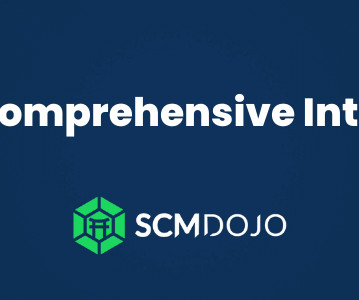The Ultimate Guide to Contract Logistics: What You Need to Know
SCMDOJO
JULY 24, 2023
Contract Logistics is a critical aspect of the supply chain that often remains behind the scenes but plays a significant role in ensuring the efficient movement and management of goods. Key Players In the world of contract logistics, several key players collaborate to ensure the smooth functioning of the supply chain.












Let's personalize your content